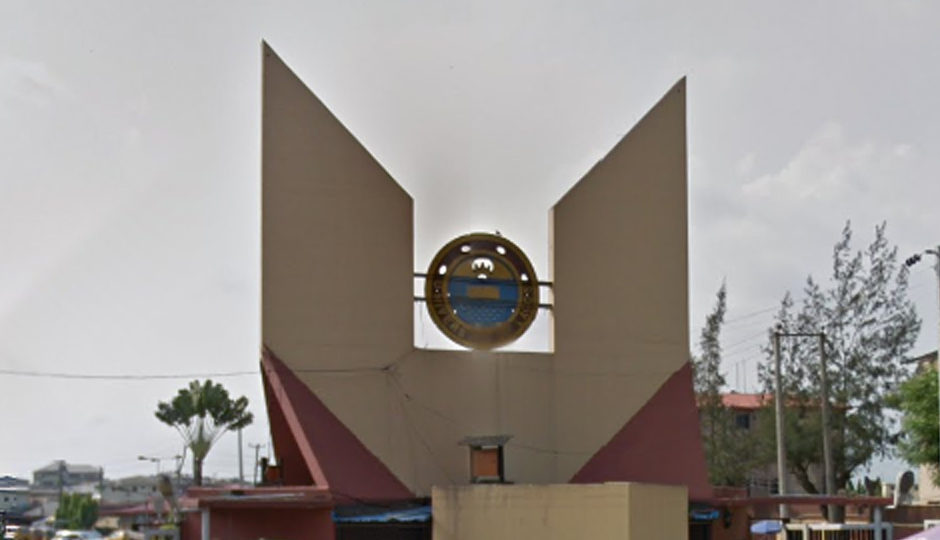
Interrogating Cost Of Education For Undergraduates In Federal, State Varsities
- Education
- No Comment
- 474
When Olakunle Olomide secured admission to study medicine at Olabisi Onabanjo University (OOU), the joy of his parents knew no bounds, but when they were handed the bill of N650, 000 as tuition and other sundry expenses, their heart skipped a beat. The bill is exclusive of accommodation, feeding and others. They wondered why the bill should be that high in a public university.
Although federal universities are almost tuition free, there are so many sundry charges that made the whole phrase of tuition free in public universities a ruse. The situation is almost the same in state-owned schools. So, if expenses by undergraduates in public universities are high, why the claim that federal universities are free?
NIGERIA has not been able to meet international standards regarding budgetary provisions for education and even has been doing far less than some of her neighbouring countries. In six years, Nigeria budgeted N3.6 trillion out of N55.3 trillion for education.
The period covers the year 2016 to 2021. In 2016, out of the total budget of N6.06 trillion, the sum of N369.6 billion or 6.7 per cent was allocated to public education. In 2017, N550 billion or 7.38 per cent was allocated to education out of N7.29 trillion, while in 2018, N605.8 billion, representing 7.04 per cent was earmarked for the sector out of N9.2 trillion budget. In 2019, N620 billion or 7.05 per cent was allocated to education out of the budget of N8.92 trillion, while in 2020; N671.07 billion or 6.7 per cent was given education out of N10.33 trillion.
In 2021, N742.5 billion or 5.6 per cent was allocated to education out of N13.6 trillion. According to reports by World Bank, Ghana allocated 23.81 of its national budget to education in 2015, 22.09, 20.1 and 18.6 per cents in 2016, 2017 and 2018 respectively.
For South Africa, it has kept increasing allocations to education from R246 billion in 2018, R310bn in 2019, R387bn in 2020 and projected that it hits R416 bn by 2023/24.
The Universities (Miscellaneous Provisions) Act No. 11, 1993 as amended by Universities (Miscellaneous Provisions)(Amendment) Act No. 55 of 1993, indicates that public universities are tuition-free for prospective students. And to buttress this, the Federal Executive Council on May 9, 2018, declared payment of tuition in public universities illegal. The FEC reminded that laws establishing federal institutions do not allow these schools to charge students.
But with the lingering strike by Academic Staff Union of Universities (ASUU), there have been divergent views on exploring alternative funding for public universities. Although some have renewed calls for introduction of tuition as a source of generating revenue, many, however, argued that most of the institutions have introduced sundry charges running into thousands, which parents and newly admitted students are agonising over.
These fees vary and are given different names by the various institutions. Some of these charges include acceptance fee, development levy, identity card, registration, matriculation, medical, examination, library and sports fees, students handbook, ICT registration, university calendar, caution deposit and hall levy.
Others are departmental registration, student union dues, utility/sundry charges, certificate verification fee, faculty dues, security fee, science students fee, non-science students fee, medical referral fee, lab services, tertiary institutions social health insurance programme (TISHIP) fee, books and stationaries, internet bills and general up-keep in an academic year, including feeding and miscellaneous constitute private cost in university education and an average of N265, 000 is the private cost of a student in a year. This indicates that the statement of free education is not a true representative of what it ought to mean if only tuition is free.
Findings by The Guardian showed that many federal and state universities charge over N50, 000 from each prospective student as acceptance fee before being allowed to register.
In some universities, money paid for acceptance fee is between N35, 000 and N50, 000. This is different from registration, which comes with different sub-headings.
Investigations showed that the University of Benin (UNIBEN) is charging between N60, 000 and N80, 000 as acceptance fees, depending on the course of study. While the University of Lagos (UNILAG) charges N40, 000, University of Ibadan charges N35, 000 depending on faculty; University of Abuja charges N42, 000, Federal University of Technology, Minna, charges N30, 000, while Ahmadu Bello University (ABU), Zaria, charges between N25, 500 and N44, 500.
Federal University of Technology, Owerri (FUTO) charges N42, 000, University of Nigeria (UNN), Nsukka, charges N25, 000. Apart from acceptance fee, fresh students admitted to read sciences at the University of Calabar (UNICAL) pay N35, 250 during registration; non-science students pay N34, 250, while MBBS and nursing students pay N42, 750.
Imo State University charges N70, 000, while Michael Okpara University of Agriculture, Umudike, Umuahia, charges N50, 000. Lagos State University (LASU) collects N20, 000 while Osun State University (UNIOSUN) takes N40, 000.
By Iyabo Lawal and Opeyemi Babalola
https://guardian.ng/features/interrogating-cost-of-education-for-undergraduates-in-federal-state-varsities/


